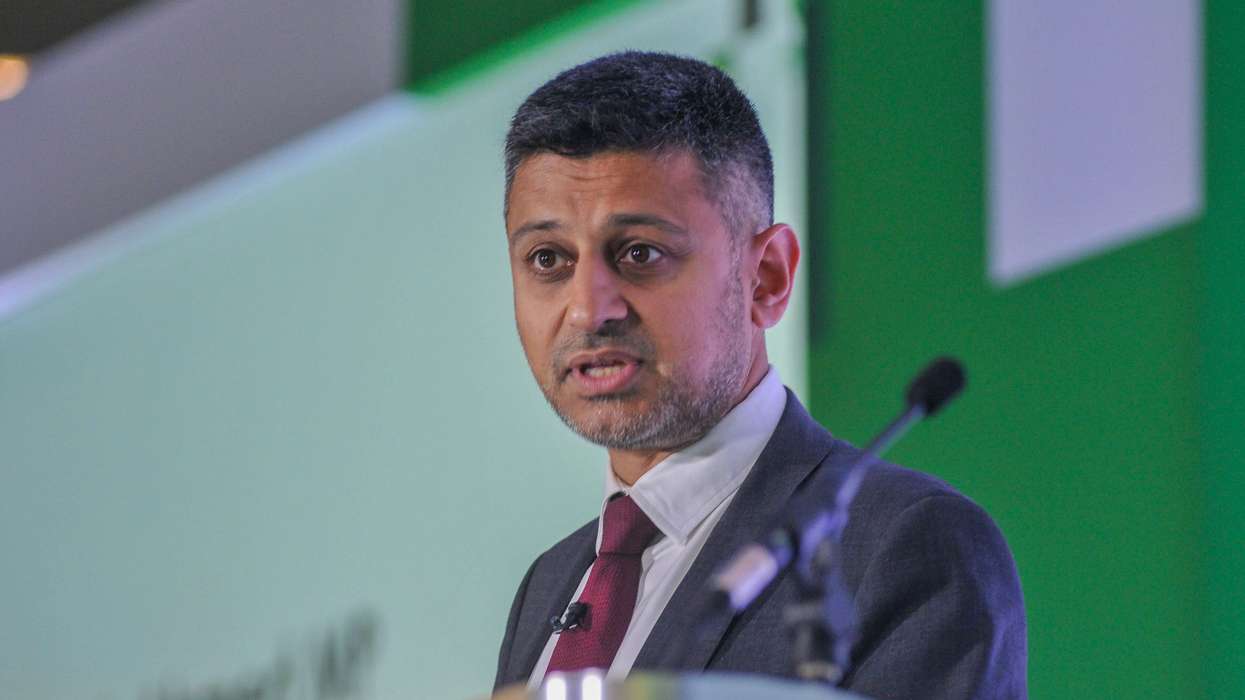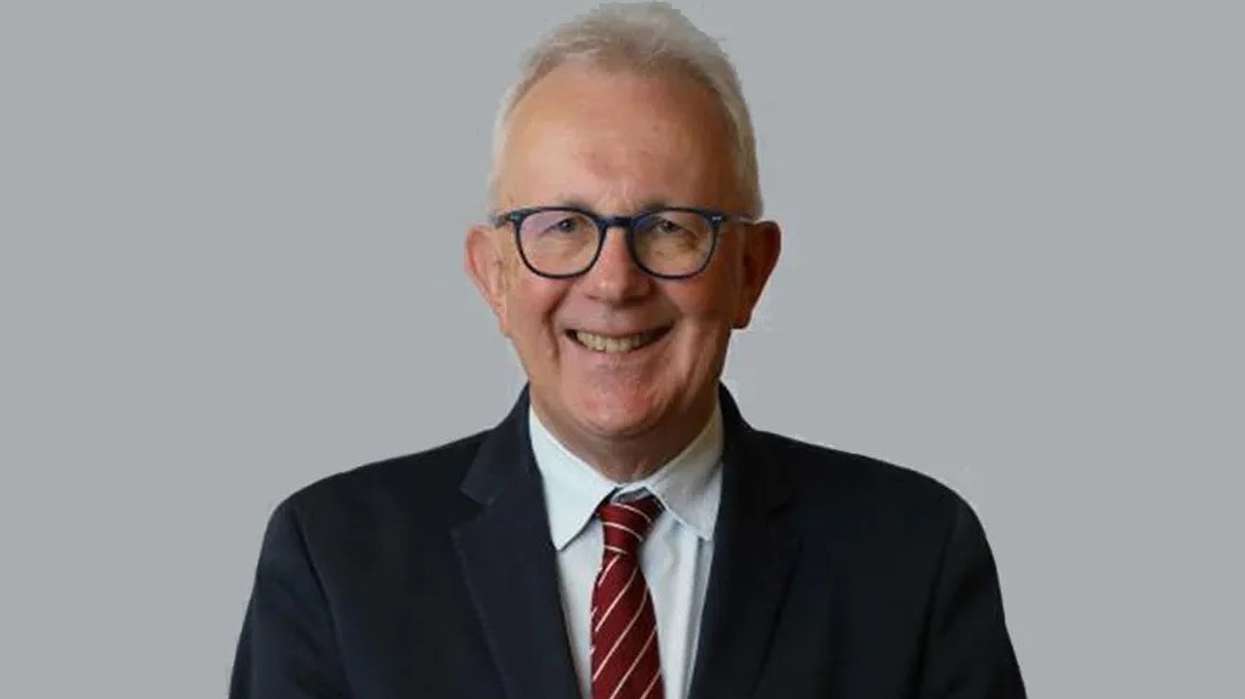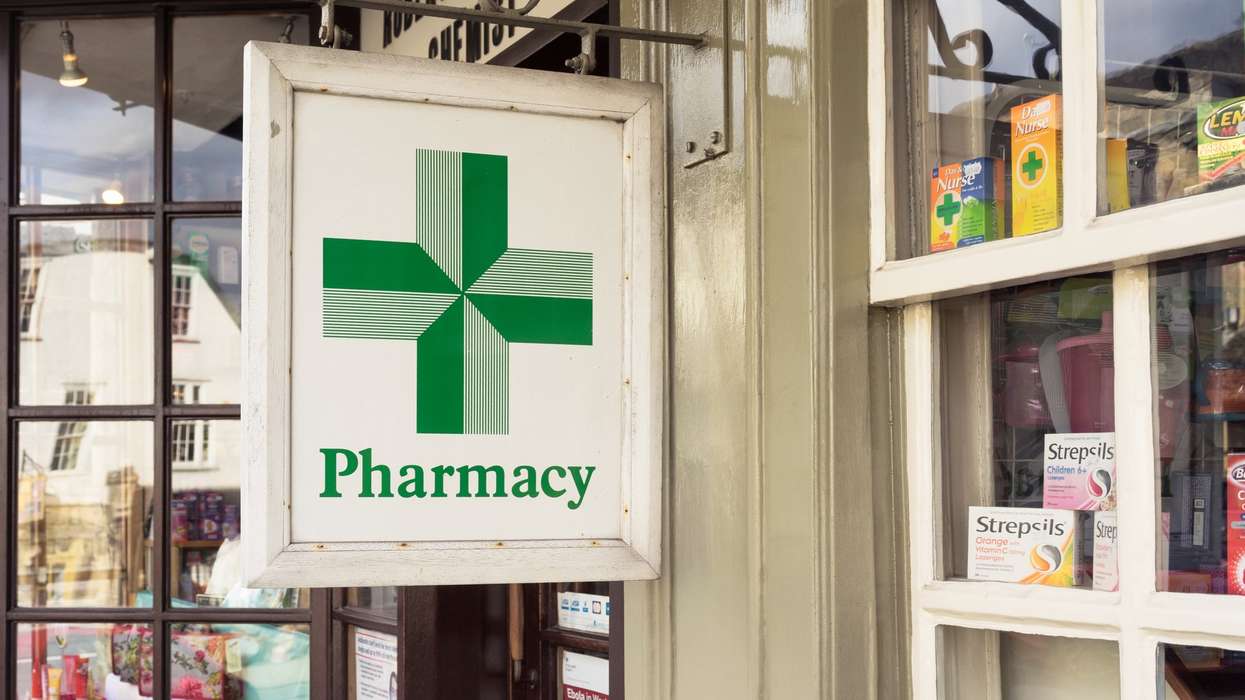Many respondents believed that the proposed Chief Pharmacist standards would benefit pharmacy staff by providing legal protections in the event of an inadvertent preparation or dispensing error
The General Pharmaceutical Council (GPhC) recent consultation on the proposed Chief Pharmacist Standards garnered robust support, with nearly 80 per cent of respondents agreeing that they would strengthen and maintain pharmacy governance.
A public consultation on the proposed standards for Chief Pharmacists was conducted through an online survey from 23 January to 16 April 2024.
The council released an analysis report of the responses to the consultation on the draft standards on 18 July, coinciding with the council meeting.
The draft standards included:
- Provide strategic and professional leadership.
- Develop a workforce with the right skills, knowledge, and experience.
- Delegate responsibly and make sure there are clear lines of accountability.
- Maintain and strengthen governance to ensure safe and effective delivery of pharmacy services
The consultation received a total of 158 responses, 132 from individuals and 26 from organisations. Individual respondents, included pharmacists, Chief Pharmacists, pharmacy technicians, and members of the public.
Overall, responses from both individuals and organisations showed broad agreement with the proposals.
While 79 per cent indicated that the proposed standards would strengthen and maintain pharmacy governance in the interests of patient safety, 68 per cent agreed that these standards would provide a governance framework supporting staff in reporting both preparation and dispensing errors, with a majority of them agreeing that they would help staff learn from those errors.
However, slightly more respondents (44 per cent) answered 'yes' to whether any additional standards were needed, compared to the 39 per cent who felt that all relevant standards were already included.
Among respondents who believed there were missing standards, the most common feedback was that they did not cover certain aspects of practice such as their advisory and leadership roles, corporate responsibilities, and their work in public relations, communication, and media.
Most respondents (53 per cent) believed that the proposed standards could apply to Chief Pharmacists regardless of their setting.
Among the 26 per cent of respondents who believed there were settings where the proposed standards could not be met, the majority cited settings requiring further guidance and where responsibilities are delegated, shared, or outsourced. Examples included mail order/online, out-of-hours services, emergency departments, peri-operative care, substance use services, and homecare.
Another setting where respondents felt the standards could not be applied was in environments where no dispensing occurs, such as Primary Care Networks and Integrated Care Boards.
Many respondents in support of the standards felt that Chief Pharmacists were already operating in this way and that the standards would reinforce existing practices by establishing statutory responsibilities and providing a ‘legal lever’ to strengthen their position.
GPhC council papers read: “Providing clarity on the role and responsibilities of Chief Pharmacists was seen as a benefit which would strengthen the influence of Chief Pharmacists at a senior level, something which was also raised by many of the stakeholders during the pre-consultation engagement events.”
Many respondents believed that the standards would benefit pharmacy staff by providing legal protections in the event of an inadvertent preparation or dispensing error.
Additionally, it was felt that removing the fear of prosecution for such errors and promoting a no-blame culture would lead to an increase in the reporting of errors.
This, in turn, would help and protect patients, as staff would learn and improve from these errors. It would also give patients confidence that pharmacy practice would become safer and more effective, the council noted.
Regarding the impact of the proposed standards on individuals, the most common response was ‘no impact’ (47 to 53 per cent), followed by ‘positive impact’ (22 to 27 per cent ) and ‘don’t know’ (17 to 22 per cent).
Of those organisations and individuals who believed the standards would have a positive impact based on protected characteristics, many noted that applying the same standards to everyone would benefit all minority groups. They also felt that the standards would promote equality and diversity in recruitment and retention strategies, as well as in service development, leading to a more inclusive workforce.
A few organisations commented that the standards were too vague and needed more clarity. These respondents felt that the standards lacked detail and were open to interpretation, potentially allowing Chief Pharmacists to delegate all responsibility.
There was a request for the standards to be more specific, measurable, and less open to subjective interpretation.
A few respondents suggested stronger, more specific wording, noting that achieving the required outcomes and meeting the standards would require good communication, organisational support, and a cultural shift.
Some respondents expressed concern that the outcomes would not be achieved due to Chief Pharmacists lacking authority and facing constraints such as insufficient budgets and inadequate staffing.
Draft standards for the role of Chief Pharmacists were published in January 2024, following legislation that took effect in December 2022, which eliminated the threat of criminal penalties for accidental or unintentional preparation and dispensing errors by pharmacy staff in hospitals and similar settings.













